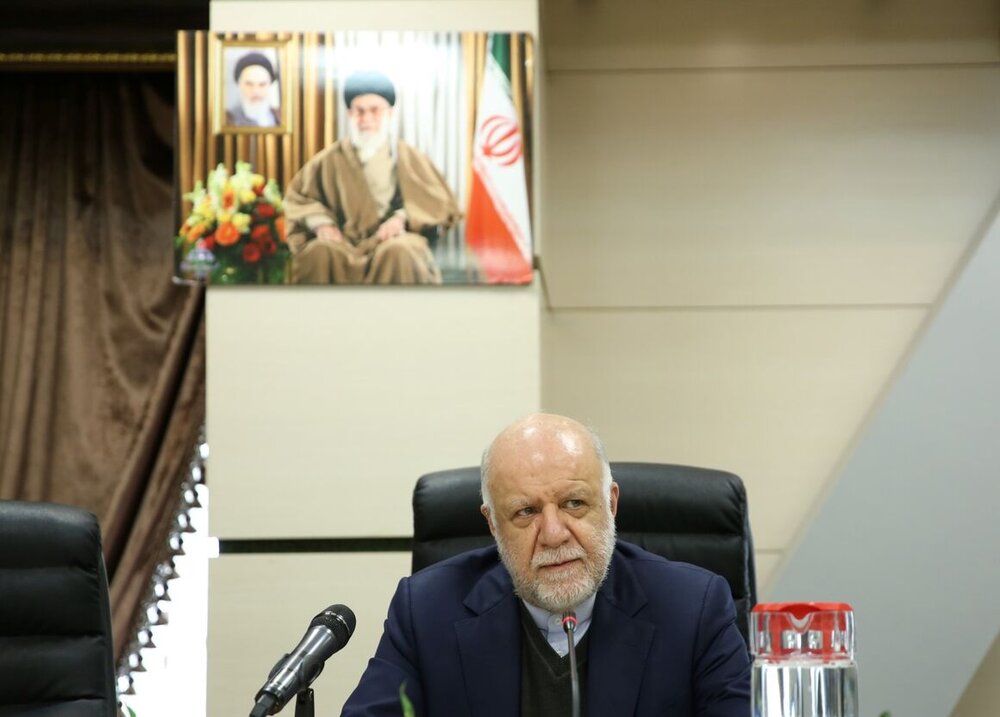Oil Ministry set to halt condensate exports to create more valuable products

TEHRAN – Iranian Oil Minister Bijan Namdar Zanganeh said on Monday that his ministry plans to prevent direct gas condensate exports to create products with more value-added, Shana reported.
Speaking to the state-run radio, Zanganeh said the plan is to process the condensate in the country’s refineries in order to produce products like naphtha and gasoline and to supply feedstock to local refineries.
The program is going to be started during the current Iranian year (ends on March 20, 2021), the minister said.
"All the gas condensate will be refined in the Persian Gulf Star and Siraf refineries ... to gasoline and feedstock for petrochemical units," Zanganeh said.
Persian Gulf Star Refinery currently receives 420,000 barrels per day (bpd) of gas condensate.
The Siraf project, first announced in 2014 but yet to be built, encompasses six units with the total refining capacity of 360,000 bpd of gas condensate. It will be located at the Persian Gulf complex, which is adjacent to petrochemical plants in the region. Naphtha can be used in olefin plants to produce plastic, among other products.
The giant South Pars gas field, which Iran shares with Qatar in the Persian Gulf waters, is Iran's main source of gas condensate.
Zanganeh said South Pars and other nearby fields can produce up to 1 million bpd of gas condensate.
In early February, the minister said that about 130,000 bpd of the country's gas condensate are used as feedstock for the country’s petrochemical plants and 80,000 bpd go to domestic refineries, apart from Persian Gulf Star.
EF/MA
